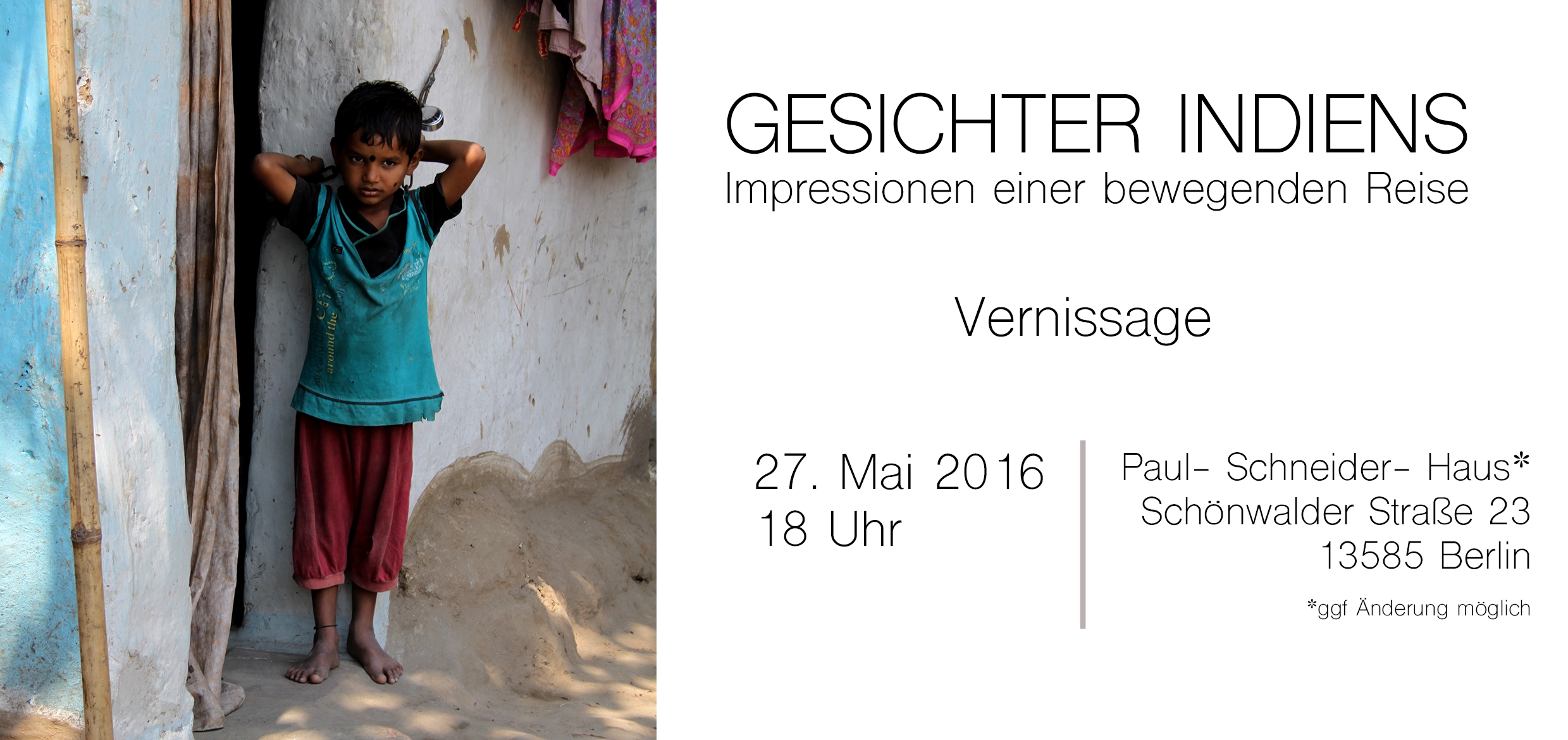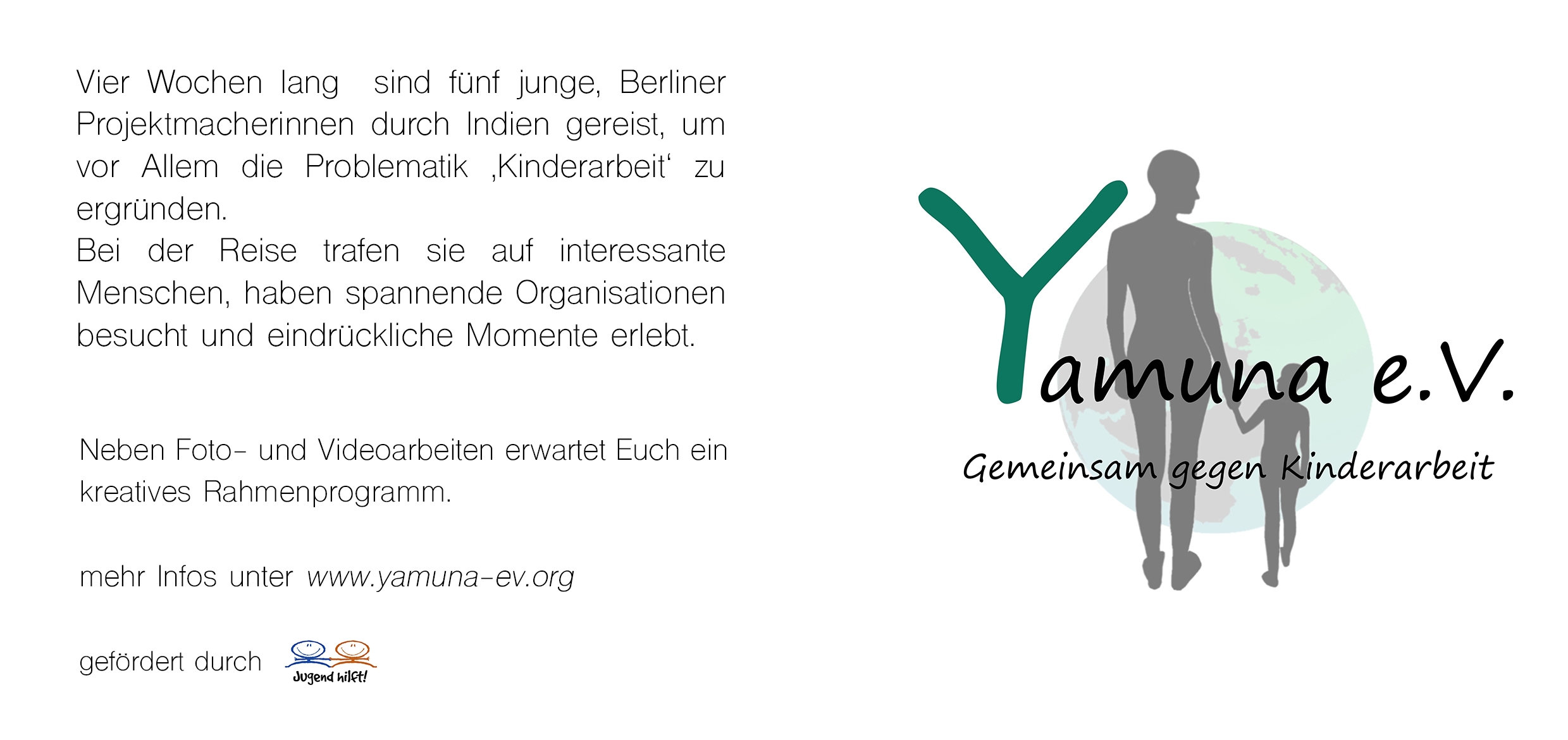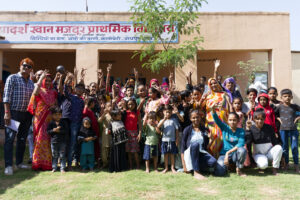Together against child labor – in India and worldwide
The Sternsinger campaign will be held this year on the topic “United against child labor – in India and worldwide”. The Three Kings Sing, which is considered to be the largest children’s charity campaign for children worldwide, draws children from house to house and collects for social projects worldwide. In 2018, the focus will be on the fight against exploitative child labor. The star singers have put together interesting materials, which we recommend:
Das Werkheft (German)
“The workbook for Aktion Dreikönigssingen 2018 clearly explains what exploitative child labor worldwide means: Methods and games pick up on the topic and show what we can do about it in Germany.”
Sternsinger Spezial (German)
“In our campaign magazine 2018, we visit India: In no other country in the world are so many children working under exploitative conditions. We are accompanying our project partners to a village whose inhabitants live from carpet weaving, and showing the day-to-day working children there.”
Film: Willi in Indien (German)
“This year, reporter Willi Weitzel was traveling for the Star Singers in India, where he met children who have to work every day from an early age, often under exploitative and dangerous conditions.”

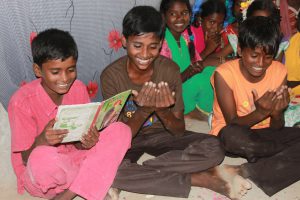 Hannover / Frankfurt am Main – On the occasion of the Day against Child Labor, we want to point out the great successes in the fight against child labor. When XertifiX was founded together with the IG BAU in 2005, the main focus of our work was to comply with ILO core work standards. Through the controls in Indian quarries – especially unannounced ones – XertifiX has succeeded in the fact that in the quarries and factories controlled by XertifiX, fewer and fewer child laborers have been found over the years and today no children are working there.
Hannover / Frankfurt am Main – On the occasion of the Day against Child Labor, we want to point out the great successes in the fight against child labor. When XertifiX was founded together with the IG BAU in 2005, the main focus of our work was to comply with ILO core work standards. Through the controls in Indian quarries – especially unannounced ones – XertifiX has succeeded in the fact that in the quarries and factories controlled by XertifiX, fewer and fewer child laborers have been found over the years and today no children are working there.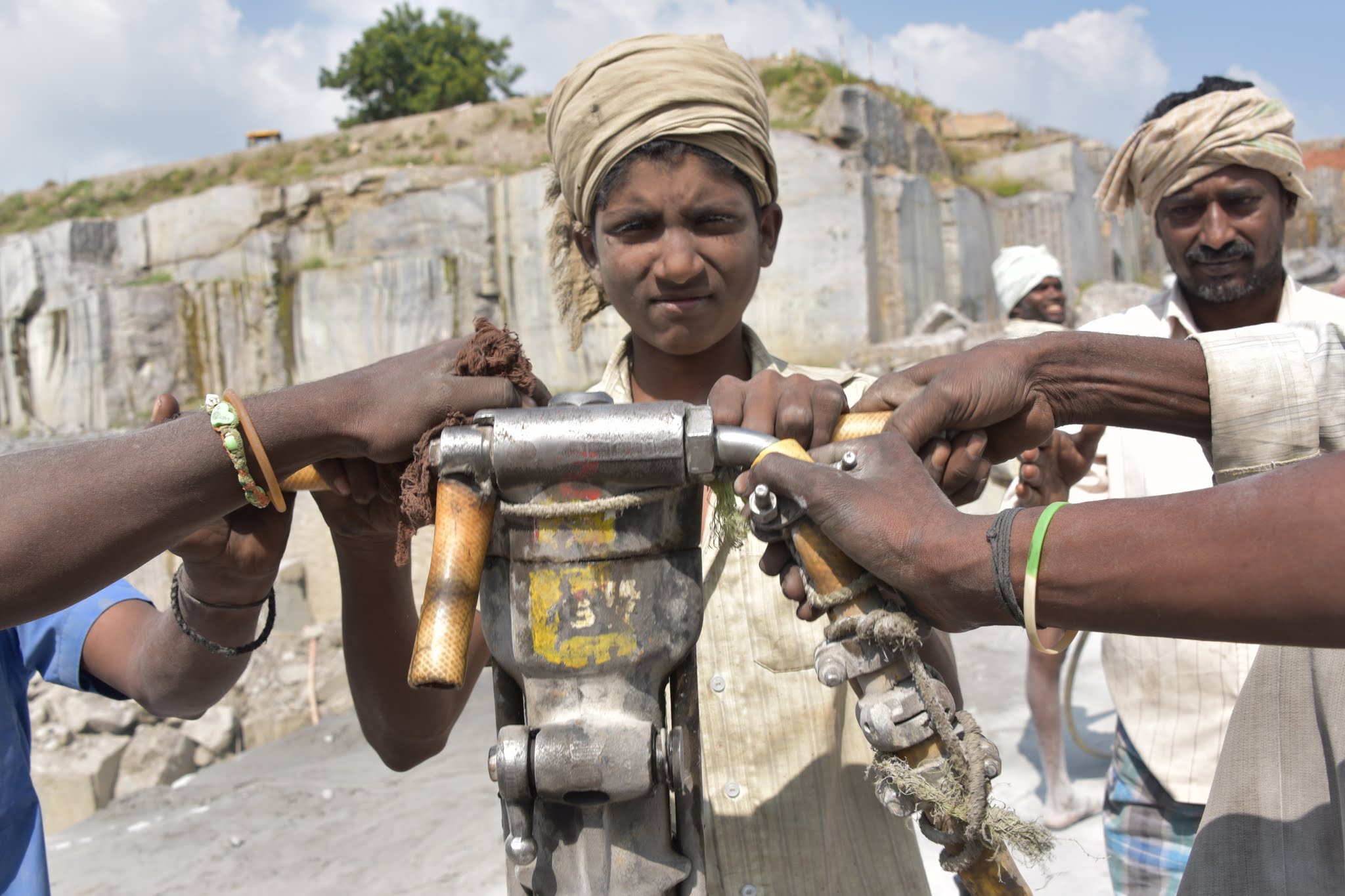
 An increasing number of municipalities in Bavaria are using the new authorization law in Bavaria and are forbidding grave stones from child labor in their cemeteries. Finally, the municipalities in Munich, Freising, Regensburg, Zwiesing or Gilching have changed their cemetery records or are preparing such changes in the municipal council.
An increasing number of municipalities in Bavaria are using the new authorization law in Bavaria and are forbidding grave stones from child labor in their cemeteries. Finally, the municipalities in Munich, Freising, Regensburg, Zwiesing or Gilching have changed their cemetery records or are preparing such changes in the municipal council.
